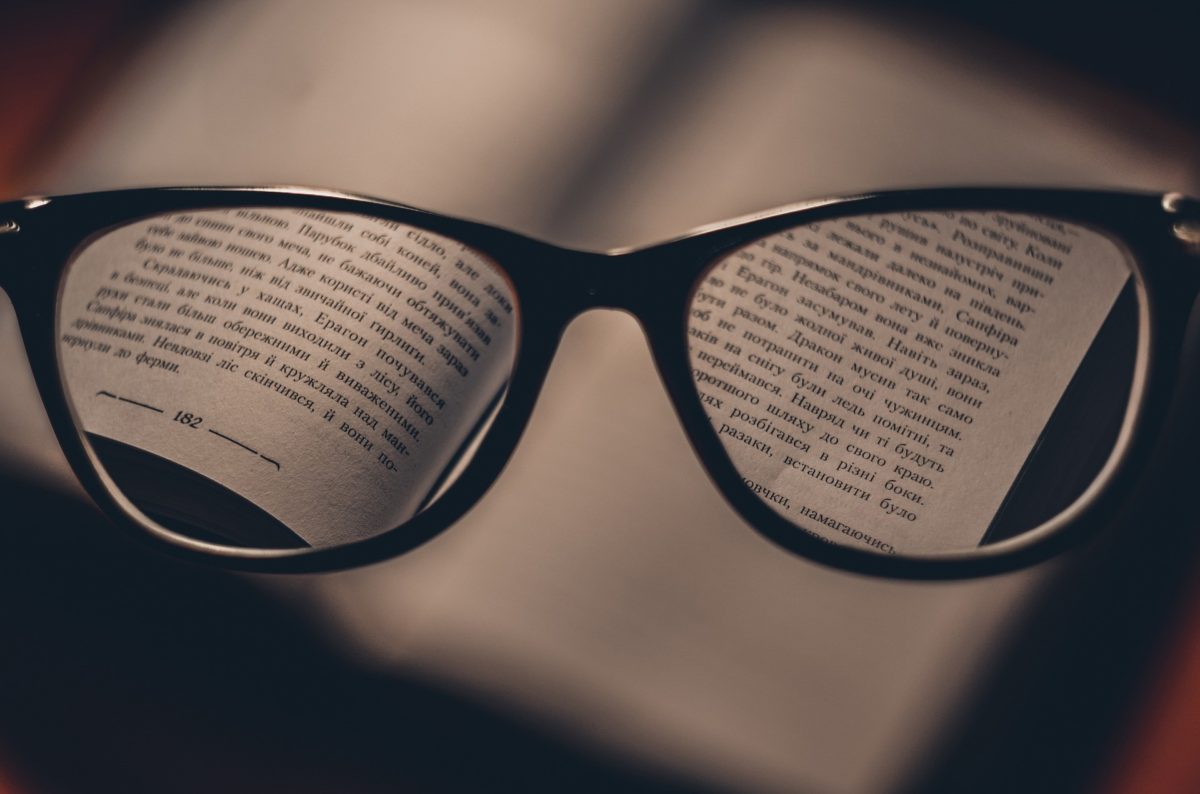Many authors confuse the job of the proofreader with that of the copyeditor. Both are vital for helping create a polished version of your writing, yet these word experts work at two completely different stages of the editing process.
After the copyediting stage—when overall content plus grammar and style are addressed—comes the proofreading stage. Generally, it’s best to hire different people to do the copyediting and proofreading for your book or article—that way you’ll have a fresh set of eyes at each stage.
The term “proofreader” refers to the person who literally reads the “galley proof,” which is the designed version of your book or article. This stage is that magical time when your words have been placed into a template and your project starts to look the way it will be when published. The galley proof is also the time when the bulk of your work is done and your creation starts to look “real”—like a finished product.
But before your book or article is truly ready for the public eye, there are hundreds of finishing touches to be done. The proofreader completes the fine-tuning work, assuring that the final publication looks and reads professionally. If you skip proofreading, your hard work could wind up looking sloppy or inconsistent.
What a proofreader does
- Reads the entire book or article and assures consistency by referring to the style sheet. (This is the guide to spellings and styles for your book that’s usually created by the copyeditor and should be given to the proofreader before s/he begins the job.)
- Marks all errors using standardized proofreading symbols and/or comments in the margins.
- Checks that running headers and page numbers are consistent and accurate.
- Adds page numbers to the Table of Contents and the cross-references within the book’s text. (Cross-references are notes such as “See the chart on page 45.”)
- Keeps an eye on consistency of fonts and design. For instance, all chapter titles and subtitles and captions should appear with the same type treatment throughout.
- Searches for awkward word breaks (hyphenations) or sentence breaks.
- Checks that numbered footnotes or endnotes correspond to the numbers and the content in the text.
- Assures that photos and tables or charts in the book are sequentially numbered.
- Checks the cover and book-jacket verbiage for accuracy and consistency with the body copy.
What a proofreader does not do
A proofreader does not deal with issues that should have been addressed at earlier editing and/or copyediting stages:
- Reword or rewrite content, which should have been done in the edit stage. However, if the proofreader stumbles over awkward sentences or notices redundancies, s/he may flag those for you to address.
- Fact-check information; this should have been done at the copyedit stage.
Many proofreaders prefer to read and mark up a paper copy, especially if it’s a book-length project, because it’s easier to spot inconsistencies from page to page and chapter to chapter. However, some proofreaders will work digitally on a PDF of the designed piece, especially if it’s a shorter length. Before hiring a proofreader, ask how s/he prefers to work. Digital proofreading on PDFs could take longer than editing on paper, resulting in higher costs.
Last, but not least
After the proofreader’s corrections have been made in the designed book or article, be sure to have the proofreader check that all the corrections/changes were made—and done correctly. This may sound redundant, but anytime someone is re-keying information, new errors can and will happen. Sometimes the person who inputs the changes accidentally types the wrong spelling or page number or misses a punctuation mark. Sometimes edits are simply overlooked. After coming this far and working so hard on your publication, don’t be tempted to skimp at this stage.

An excellent article, Laurel! Many people get confused about the proofreader’s role. Thanks so much.
Thanks for reading!
I’ve been providing this info to clients for years, Laurel, but not as succinctly as you said it here! Thanks for a great article.
You’ve created a clear, complete, and comprehensive summary of proofreading –a valuable contribution to our blog, Laurel.